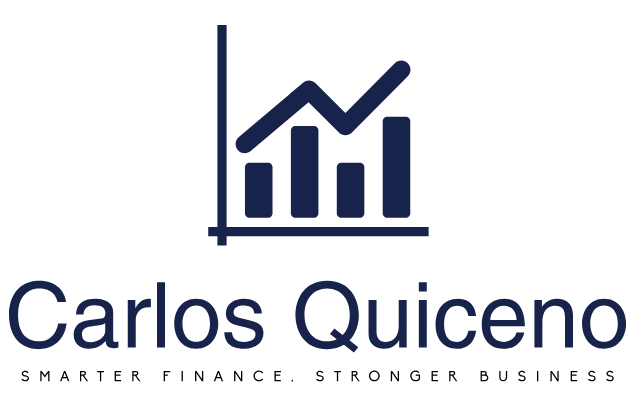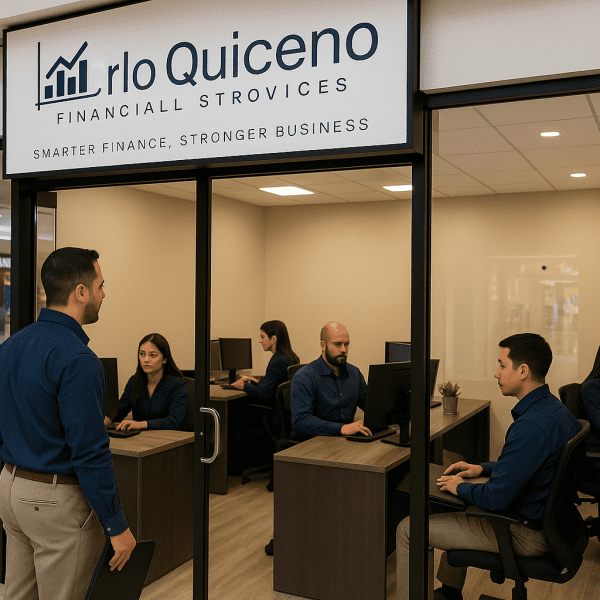Smart Investment Tips to Strengthen Your Financial Future
Investing is one of the most effective ways to build wealth and secure your financial future. However, with the ever-changing economic landscape, it’s important to adapt your strategy to maximize returns while minimizing risks. Whether you’re a seasoned investor or just starting out, these key investment tips will help you stay ahead of the game and make informed decisions that align with your financial goals.
1. Diversify Your Portfolio
Diversification is a fundamental principle of smart investing. By spreading your investments across various asset classes—such as stocks, bonds, real estate, and commodities—you can reduce the overall risk in your portfolio. If one sector underperforms, others may thrive, helping you maintain steady growth over time. A diversified portfolio not only reduces volatility but also positions you to take advantage of opportunities in different markets.
2. Focus on Quality Investments
When choosing where to invest, quality should be a priority. Look for companies or assets that have strong fundamentals, including a solid balance sheet, consistent earnings, and a track record of growth. Blue-chip stocks, dividend-paying companies, and well-established industries like healthcare, technology, and energy are often reliable choices for long-term growth. Quality investments are typically more resilient during economic downturns, offering stability in uncertain times.
3. Embrace Sustainable and ESG Investments
Sustainable investing is becoming more than just a trend—it’s a powerful strategy for achieving both financial and ethical returns. Environmental, Social, and Governance (ESG) factors are increasingly being integrated into investment decisions. By investing in companies that prioritize sustainability, ethical practices, and good governance, you not only contribute to positive social impact but also tap into businesses that are better positioned for long-term success.
4. Stay Cautious with High-Risk Assets
While high-risk assets like cryptocurrencies and speculative stocks can offer substantial returns, they come with significant volatility. If you choose to venture into these markets, it’s wise to limit your exposure and treat them as a small part of a well-diversified portfolio. Stay informed on trends and regulatory changes, and be prepared for rapid fluctuations. Always invest only what you’re willing to lose in these high-risk areas.
5. Be Mindful of Interest Rate Changes
Interest rates have a direct impact on various asset classes, particularly bonds and real estate. As central banks adjust rates to manage inflation and economic growth, it’s essential to monitor these changes and adjust your investment strategy accordingly. In periods of rising rates, short-term bonds and inflation-protected securities tend to perform better. If you’re investing in real estate, consider the impact of higher borrowing costs on your returns.
6. Look for Inflation-Resistant Investments
Inflation can erode the purchasing power of your investments, so it’s important to include inflation-resistant assets in your portfolio. Commodities like gold and oil, real estate, and Treasury Inflation-Protected Securities (TIPS) are examples of investments that tend to hold their value during inflationary periods. Adding a mix of these assets can help protect your portfolio from the effects of rising prices.
7. Consider Emerging Markets
Emerging markets offer growth potential but come with higher risks due to political and economic instability. Investing in these markets can be a rewarding strategy if approached with caution. Diversify your exposure across various regions and sectors, and focus on economies that are implementing reforms, have growing consumer bases, and are less reliant on external debt. Emerging markets can be a good addition to a diversified portfolio, but it’s important to balance the risks.
8. Think Long-Term
Investing is a long-term game. Trying to time the market or react to short-term fluctuations often leads to poor decision-making. Instead, focus on long-term goals and stay committed to your investment plan. Regularly review your portfolio, make adjustments when necessary, and trust in the power of compounding returns over time. Staying patient and disciplined will pay off in the long run.
9. Seek Professional Guidance
Navigating the complexities of the financial markets can be challenging. Consulting with a financial advisor can help you design a personalized investment strategy that aligns with your financial objectives and risk tolerance. A professional can also provide valuable insights into market trends and help you make informed decisions that maximize your returns while protecting your assets.
Conclusion
Investing wisely requires a mix of strategic planning, diversification, and adaptability. By focusing on quality investments, embracing sustainable options, and keeping an eye on macroeconomic trends, you can position your portfolio for long-term success. Remember, the key to building wealth is staying informed, maintaining a disciplined approach, and seeking expert guidance when needed.
For personalized investment advice and strategies tailored to your specific needs, reach out to Carlos Quiceno Financial Services. Our team of experts is here to help you navigate the world of investing and ensure you’re on the right path to achieving your financial goals.












